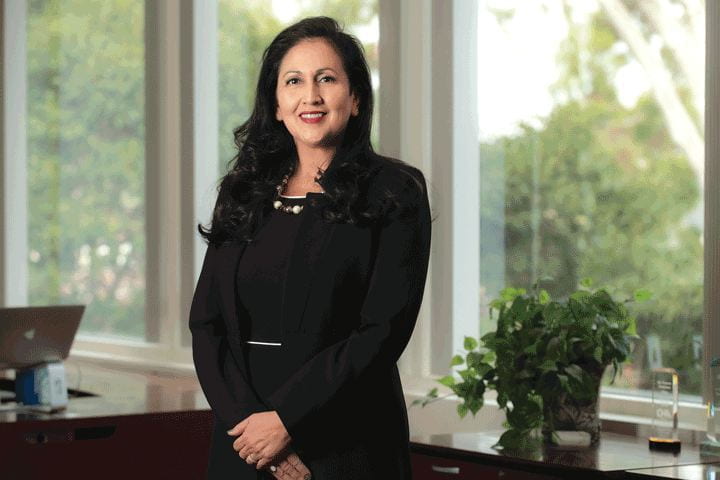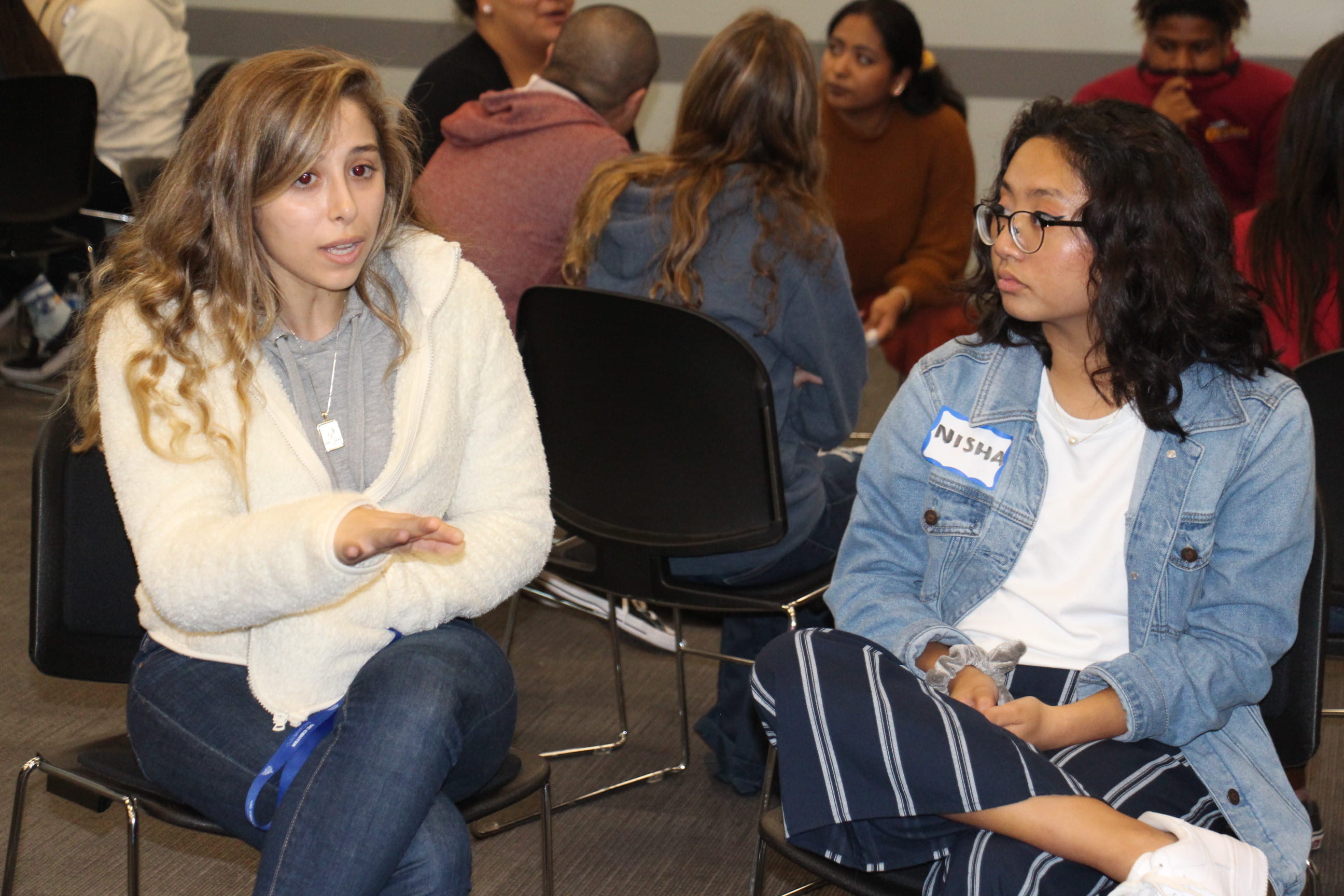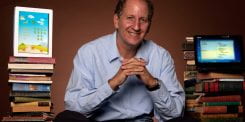
Emphasizing Equity in Education
A conversation with Frances Contreras, who was appointed as the UCI School of Education’s third dean in January 2022 and is the first Chicana/Latina dean to head a school of education in the University of California
A Chicana scholar-activist, Frances Contreras was appointed as the UCI School of Education’s third dean in January 2022. The native of Norwalk, in southeast Los Angeles County, is the first Chicana/Latina dean to head a school of education in the University of California.
Contreras says she considers herself a “lifelong learner and student,” something that her parents instilled in her – and her three siblings – at a very early age, encouraging both scholastic achievement and extracurricular activities.
A first-generation college student, Contreras was mentored at UC Berkeley as an undergraduate by Rachel Moran, currently a Distinguished Professor and Chancellor’s Professor of law at UCI who was the first Chicana dean of UCLA’s law school.
In turn, creating opportunities for rising scholars is part of what drives Contreras as she leads UCI’s School of Education, which was recently ranked eighth in the world for education and research by U.S. News & World Report. Prior to arriving at UCI, Contreras served as the associate vice chancellor for equity, diversity and inclusion at UC San Diego. She started her academic career at the University of Washington after earning a Ph.D. in education at Stanford University.
UCI Magazine contributor Adriana Maestas talked with Contreras in November, just shy of completing her first year as dean.
Q: Teacher retention has been an issue for the past several years, and now the California Department of Education is placing more emphasis on retaining teachers of color. How do you attract talented students of color to the teaching profession?
As a school of education, one of our goals is to increase teacher diversity to better reflect the diversity across California. We have a robust CalTeach program for our undergraduates and for those who want to consider teaching in science, technology, engineering and math. The teacher education undergraduate team has secured Hispanic-Serving Institution federal grants that have enabled them to serve more students and expand the undergraduate pool exploring careers as STEM teachers.
Our Master of Arts in Teaching curriculum has five core commitments: equity, learning from teaching, leadership and agency, understanding learning and learners, and teaching and learning in content areas. Our faculty in the teacher education program are committed to providing a degree program that’s academically strong, innovative and culturally responsive.
“One of my goals is to ensure that the untold story of the School of Education is very present in the broader Orange County community and that we have partnerships with school districts, colleges, universities and systems, and nonprofits.”
Q: How are you advancing equity, diversity and racial justice in your position as dean?
Through research, pedagogy and putting our research into practice. The SOE is working with the Orange County Educational Advancement Network project, which is a partnership among K-12 schools, nonprofit organizations and our school. OCEAN attempts to bridge research and practice and apply research to improve teaching and learning across the entire education continuum. The SOE is also advancing equity, diversity and racial justice through the work we’re doing with UCI’s Center for Educational Partnerships and the teacher education program.
Q: How are you creating conditions for UCI School of Education students to thrive and be a force in the state and beyond?
We are building an Anteater family and engaged group of scholars committed to the next generation. We have more than $120 million in external research grants. Our faculty’s research projects are supporting their graduate students. The majority of the school’s graduate students are funded all year round. This past spring we had over 80 research presentations at the American Educational Research Association, with many of our students co-presenting. Our students are taking part in our collective efforts to co-design research and educational interventions with community leaders.
Q: What do you want the School of Education’s footprint to be off campus?
One of my goals is to ensure that the untold story of the School of Education is very present in the broader Orange County community and that we have partnerships with school districts, colleges, universities and systems, and nonprofits. We are partnering with El Sol Academy, in Santa Ana, and are developing pre-K efforts. Mark Warschauer [professor of education and informatics] is creating AI learning experiences in Spanish. Andres Bustamante [assistant professor of education] is revamping playgrounds. With a grant from the National Science Foundation, Professor Bustamante is also partnering with Northgate Markets through OCEAN to encourage student learning while they grocery shop with their parents and grandparents. The young students can get a list and learn about measuring and shopping for recipes. This project reminds me that learning can be fun in multiple contexts and in everyday spaces. The footprint is there, but I want the SOE to be noted for serving the region and state as well.
Q: Does the partnership with Northgate Markets have special meaning for you?
Yes, it reminds me of my experiences shopping with my family and planning meals. I relate to this project because families convene around food. The beauty of this project is that it’s multigenerational and culturally relevant to bilingual and bicultural Latino families. Having a tool to shop with your family in English and Spanish turns math into an accessible subject.
Q: When you aren’t wearing your dean or academic hat, what do you do to unwind?
I love to cook for family and friends. It’s therapeutic to bake with my 9-year-old and share with her our family recipes. We are taking a page from my colleagues who study promising STEM practices by incorporating math into everyday efforts such as cooking or baking. Cooking with my family and extended family also gives me an opportunity to express my gratitude while also celebrating our cultural traditions through food.


